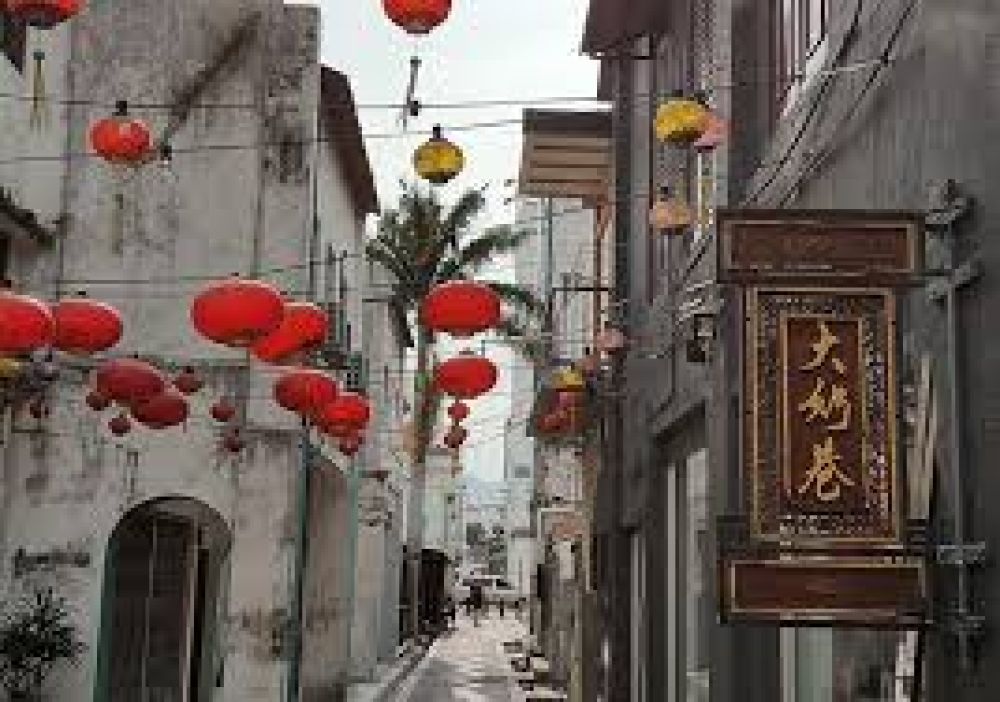

Ipoh, the capital city of Perak, has a rich history that has contributed significantly to its unique cultural landscape. One of the city’s most captivating historical destinations is Concubine Lane, known locally as Lorong Panglima. This narrow alleyway whispers tales from Ipoh’s boomtown past and has transformed into a vibrant tourist hotspot.
Concubine Lane's story dates back to the late 19th century during the tin mining heyday when Ipoh was a thriving mining town. Wealthy Chinese tycoons and mining moguls were prominent in the area and it is said that they housed their mistresses in the shop houses along this lane, hence the intriguing name.
Over the years, this lane, along with Market Lane and Hale Lane, formed part of a network of alleys used by the mining magnates. The historical aura encapsulated within these walls stands as a reminder of the city’s opulent, though often morally ambiguous, past.
In the early days, Concubine Lane was not more than a part of daily life for its residents. However, as Ipoh began to capitalize on heritage-based tourism, the lane underwent a renaissance. The once quiet alley was revived into a bustling tourist destination. The Ipoh Heritage Trail initiative has prominently featured Concubine Lane, further cementing its place in tourism.
The lane's architecture, with its narrow, pre-war shop houses, now hosts an array of quaint cafes, souvenir shops, and historical exhibits. Concubine Lane’s charm lies not only in its storied past but also in how tradition blends seamlessly with the modern palate of experiences – a representation of Ipoh’s evolving cultural identity.
Over the recent years, experiential tourism has taken center stage, and Concubine Lane offers just that. Travelers are drawn to the authentic experiences, eager to immerse themselves in local folklore and sample traditional delights, such as the famous Ipoh white coffee.
The lane also hosts a variety of street art and installations, becoming part of the large-scale Ipoh Mural Art Trail. It presents a perfect backdrop for modern-day visitors seeking Instagram-worthy moments, integrating social media into the travel experience. Sustainable and responsible tourism practices are also becoming more pronounced, with visitors increasingly interested in preserving the cultural heritage of destinations like Concubine Lane.
Furthermore, the emergence of boutique accommodations in surrounding areas is a testament to the growing appeal of heritage stays. Tourists want to not only visit but also reside temporarily within historical milieus, further enhancing the authenticity of their travel experience.
Today, Concubine Lane is as much a walk down history’s path as it is a canvas for contemporary culture. As tourism continues to evolve, the Lane is expected to integrate more interactive elements, such as augmented reality tours, to engage visitors with its compelling narrative. For anyone looking to unearth the layers of Malaysian history while enjoying a blend of old-world charm and modern-day hospitality, Concubine Lane is an unmissable stop on the Ipoh itinerary.